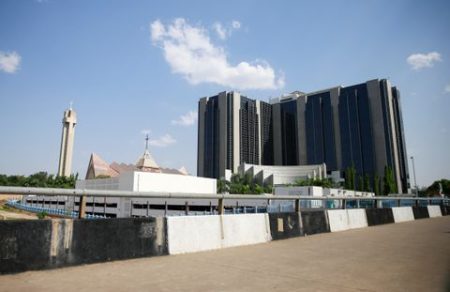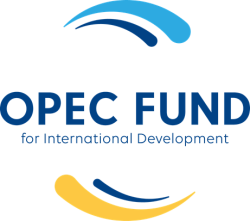Central Bank of Nigeria (CBN) has said that the low level of the country’s foreign exchange reserves despite the upsurge in oil production and exports backed by higher global oil prices, remains a concern.
CBN in a comminique issued at the end of its monetary poilicy committee meeting in Abuja, said the Federal Government would need to pursuing policies that would foster macro-economic stability, economic diversification as well as encourage foreign capital inflows in the event that the current oil price level was not sustained in the event of a slowdown in global economic recovery.
“The committee noted the modest accretion to external reserves in recent months, but remained concerned about the sustained low level of accretion in the face of higher oil output, higher oil exports volume and higher oil prices,” the statement said.
The CBN said Nigeria’s foreign exchange reserves stood at $33.73 billion as at July 21, 2011, representing an increase of $1.84 billion or 5.77 per cent over the level attained on June 30, lower than $34.5 billion achieved two weeks ago.
More than 80% of Nigeria’s foreign exchange revenue comes from oil exports and the country has been able to increase its oil production, including condensates and natural gas liquids in the last 12 months following a government amnesty programme for militants in the Niger Delta.
According to the CBN, the provisional data from the National Bureau of Statistics (NBS) showed that Nigeria’s real
Gross Domestic Product (GDP) grew by 6.64% in the first quarter of 2011, down from the 7.36% in the corresponding period of 2010, with the non-oil sector remaining the major driver of economic growth.
The apex bank warned that core inflation in the country would increase in the second half of this year due mainly to high cost of energy, power and imports.



